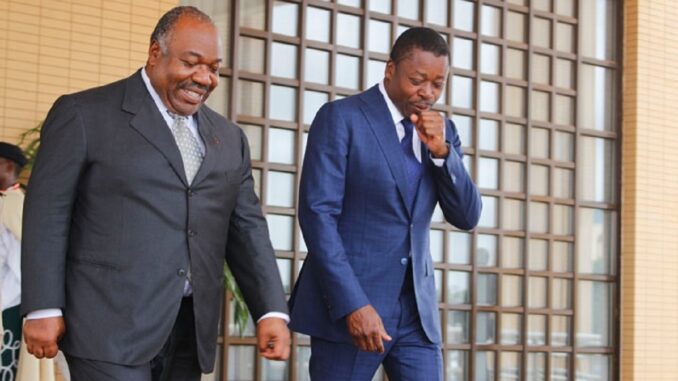
Gabon and Togo joined the Commonwealth on Saturday, becoming the latest nations with no historical ties to the UK to join the English-speaking club headed by Queen Elizabeth II.
The Commonwealth, which is made up of 54 countries, most of which are former British colonies, accepted Togo and Gabon’s application for membership on the final day of its summit in Rwanda.
“We have admitted Gabon and Togo as new members, and we welcome them all to the Commonwealth family,” Rwandan President Paul Kagame said at the closing press conference.
Gabon and Togo, French-speaking countries in West Africa, are the first new members to join the Commonwealth since Rwanda in 2009.
Togo’s foreign minister, Robert Dussey, said membership of the Commonwealth and its 2.5 billion consumers offered new economic and educational opportunities and created a “craze” for English among his compatriots.
“Togo’s membership is motivated by the desire to expand its diplomatic, political and economic network (…) and to get closer to the English-speaking world,” he said. It also allows the small developing nation of 8.5 million people to redefine bilateral relations with the UK outside the EU after Brexit, he added.
The two French-speaking countries have also sought Commonwealth membership in recent years to distance themselves from France, analysts said. For Togolese political scientist Mohamed Madi Djabakate, the decision will be welcomed as French influence in Togo is often criticised.
“The accession was not discussed with the Togolese people. It is a unilateral decision of the government”, which is however not unpopular with the Togolese who “progressively see in France’s foreign policy the reasons for the country’s stagnation”, he believes.
“Togo is joining the Commonwealth which, for many, is better than sharing the French language and culture which at the end of the day does not promote development,” according to the analyst.
